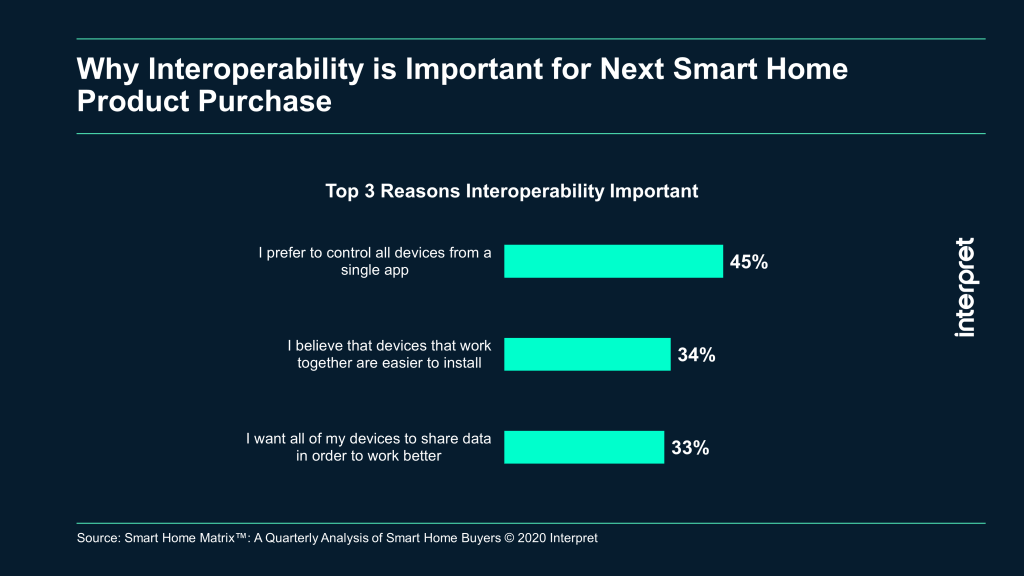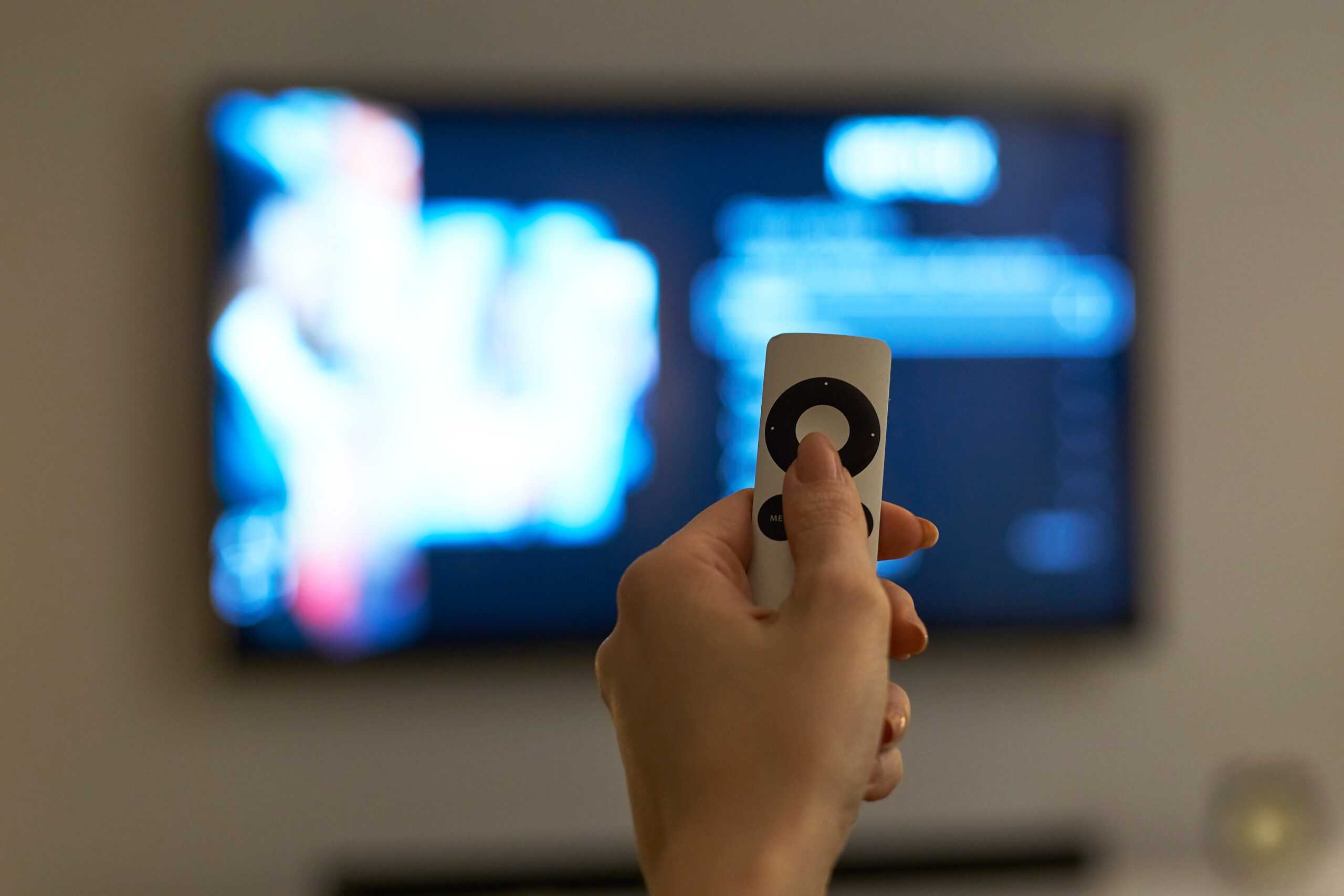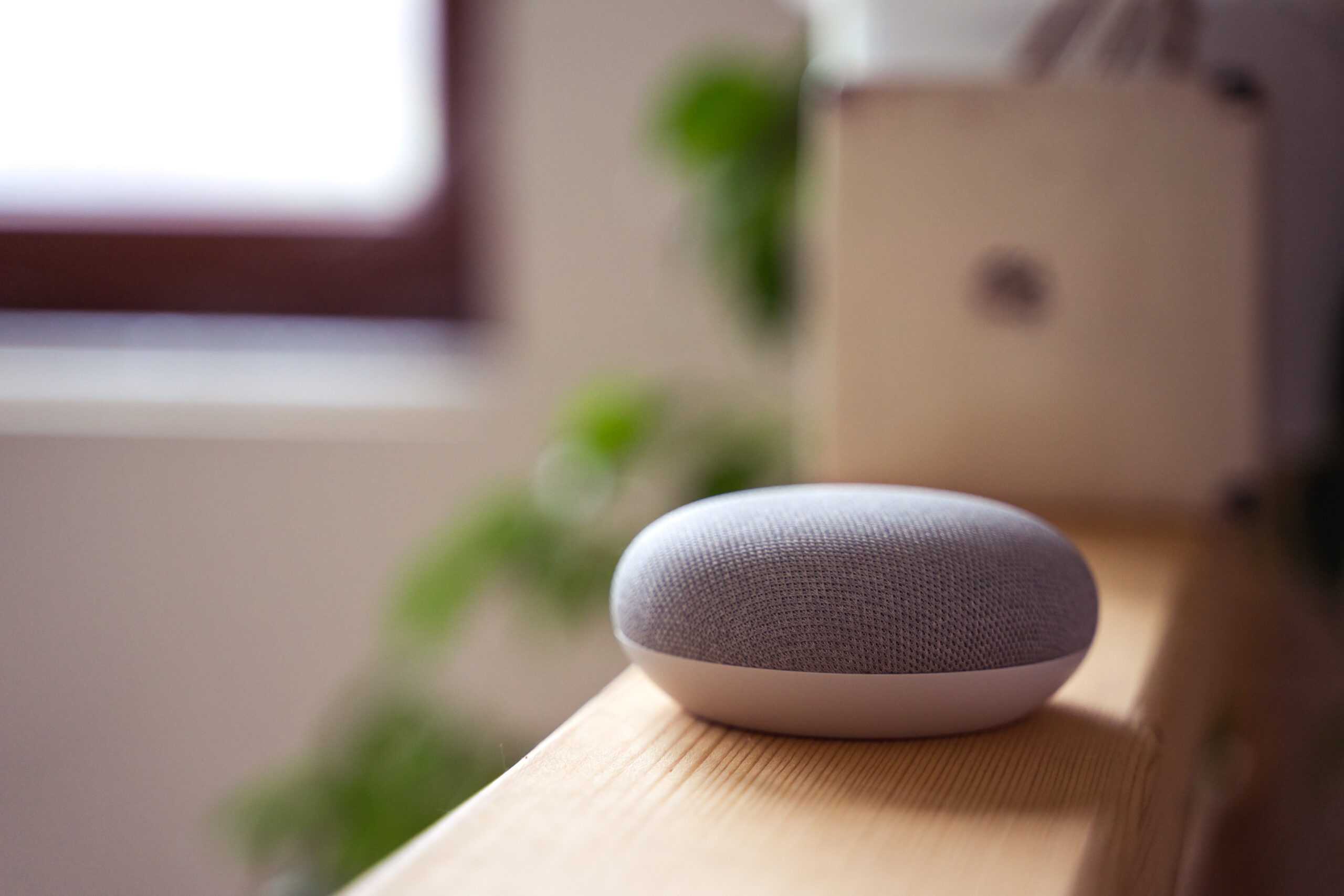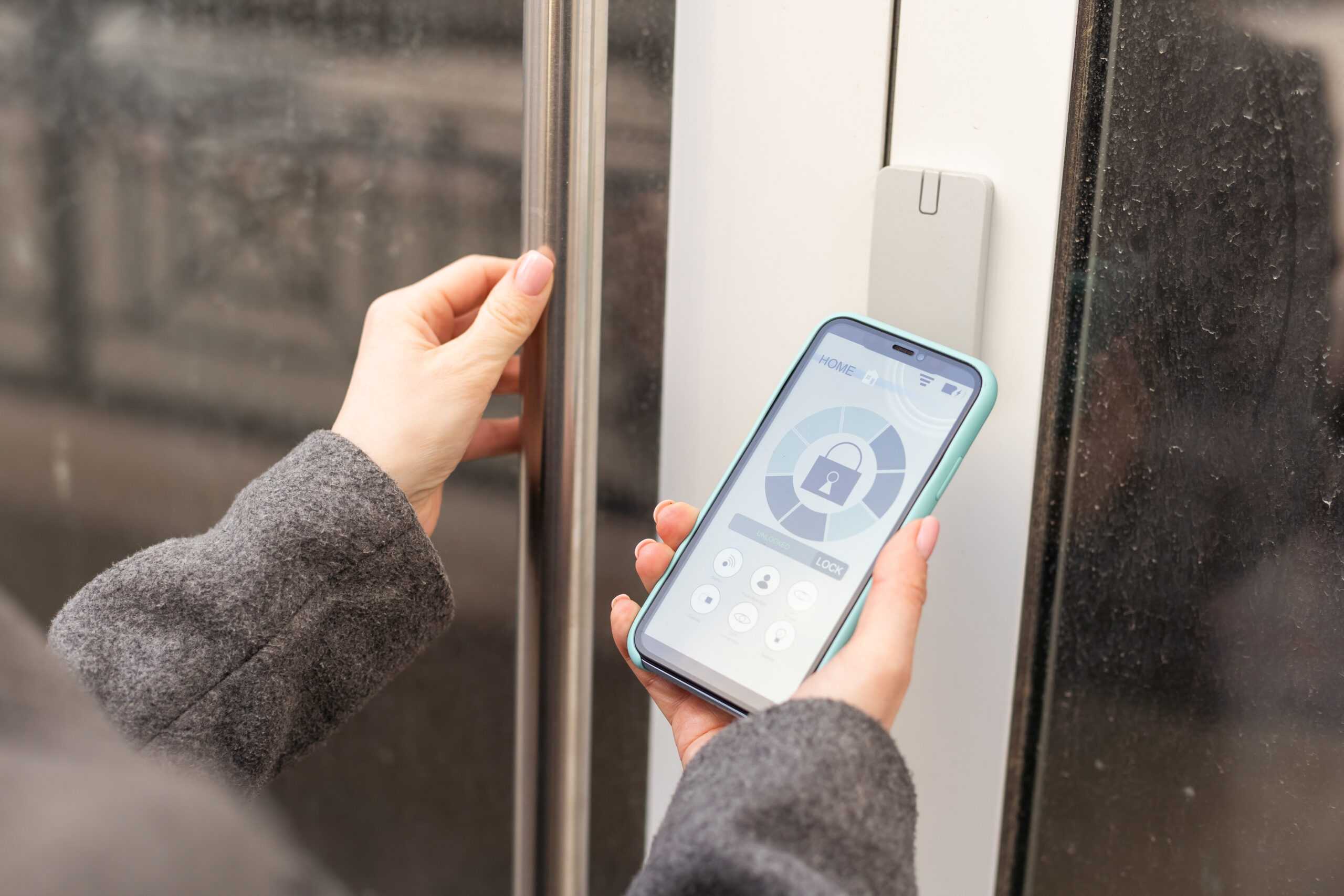Ring has released its second-generation smart security system and, like the first generation, it is inexpensive, easy to install, and boasts an entry point of $200. Ring is one of several manufacturers to enter the smart home market as a maker of a “hero product” – one that gains a wide following as a category creator – and then follow up that product with an integrated system offering. Ecobee and Nest, both well-known for leading smart thermostats, have now launched DIY security systems that incorporate not only their initial hero product, but also support smart speakers and voice control through Alexa, Google Assistant and Siri.
Interpret’s Smart Home Matrix research shows the top reasons for people wanting their smart home products to work together are the ability to use a single app, ease of installation, and the ability to share data. Winning over first-time smart home product buyers can pay dividends for the long-term; once buyers have chosen a particular ecosystem, it is likely that they will build on that “same brand” relationship as they acquire more products.







